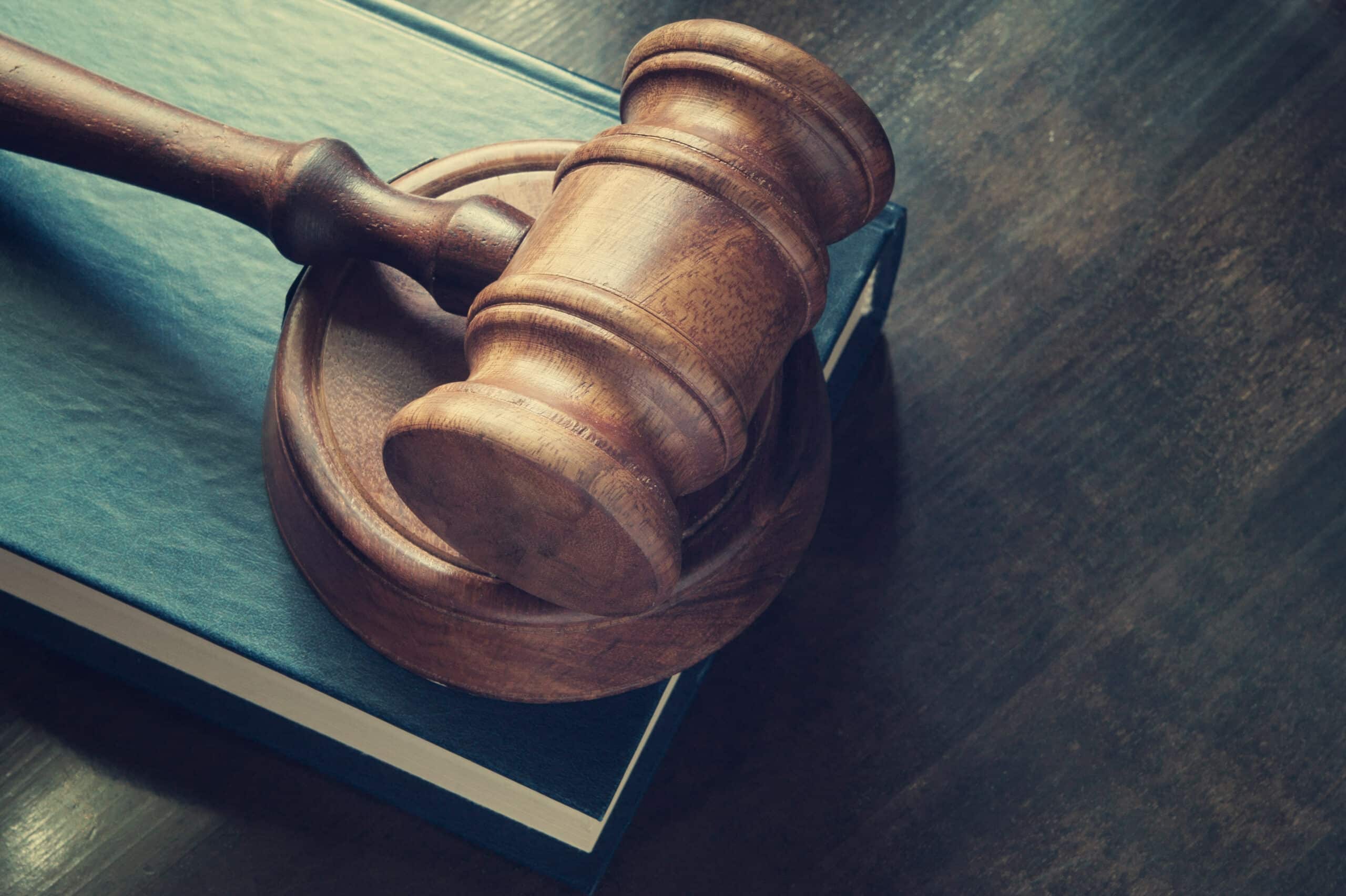Roman Sterlingov, a Russian-Swedish national who has been standing trial in the United States for his alleged connection to the bitcoin mixing protocol Bitcoin Fog, has been found guilty by a jury in U.S. District Court for the District of Columbia. The conviction spans multiple offenses, including conspiracy, money laundering, operating an unlicensed money transmitting business, and other violations of the D.C. Money Transmitters Act.
Sterlingov faces a maximum statutory sentence of 20 years for each charge of conspiracy and money laundering. The two money transmitter charges each carry a maximum sentence of five years, meaning Sterlingov faces a maximum of 50 years in prison. His sentencing is scheduled for July 15.
Known Darknet Markets
According to prosecutors, Sterlingov’s operation of Bitcoin Fog from October 2011 to April 2021 facilitated the laundering of approximately $400 million, sourced primarily from darknet marketplaces involved in illegal narcotics, identity theft, and other criminal enterprises.
The court found that Sterlingov advertised Bitcoin Fog as a service for anonymizing bitcoin transactions for the purpose of evading law enforcement, charging fees for this service primarily to users of darknet markets, including Silk Road, Agora, and AlphaBay. Prosecutors and analysts from the IRS Criminal Investigation unit demonstrated through onchain analysis that the mixer sent or received more than $78 million in bitcoin directly to and from known darknet markets, with Sterlingov receiving millions in fees on these transactions.
Sterlingov’s conviction marks a pivotal moment in the government’s efforts to regulate and enforce laws within the burgeoning digital asset sector. It comes as part of a wider regulatory crackdown that has taken shape in the United States in recent years, which has included multiple indictments of industry figureheads (including FTX’s Sam Bankman-Fried and Binance’s Changpeng Zhao), several high-profile securities violation cases brought by the SEC (notably against Coinbase, Binance, and Kraken), and the DOJ’s historic $4.3 billion settlement with Binance for its own violations related to money laundering.
Appeal Planned
In response to the verdict, Sterlingov’s defense attorneys, Tor Ekeland and Mike Hassard, have signaled their intent to appeal, with Ekeland writing on X: “Guilty verdict in U.S v. Sterlingov. Now we appeal.”
Guilty verdict in U.S v. Sterlingov. Now we appeal.
— Tor Ekeland (@TorEkelandPLLC) March 12, 2024
Ekeland and Hassard have repeatedly voiced concerns over the DOJ’s case against Sterlingov, remaining steadfast in their contention that the prosecution could not definitively prove Sterlingov’s connection to Bitcoin Fog. They have argued that the evidence it presented, which is based largely on data from blockchain forensics firm Chainalysis, may not be reliable, suggesting that the firm’s methodologies and tracing cryptocurrency transactions lack the transparency and scientific rigor necessary for such a high stakes legal proceeding.
Ekeland and Hassard have also raised concerns over what they perceive to be jurisdictional overreach by the US government, given the international aspects of the case. This argument points to a broader debate about the scope and limits of US legal jurisdiction in the context of global internet-based activities and the emerging digital economy.
At the outset of the trial, Ekeland, highlighted the deficiencies in the government’s case, noting the absence of direct evidence, such as eyewitness accounts or server logs, that could conclusively link Sterlingov to the operation of Bitcoin Fog. “You are not going to see a single piece of evidence showing Mr. Sterlingov ever operated Bitcoin Fog,” Ekeland stated, challenging the prosecution’s reliance on circumstantial and technical evidence.
CORRECTION (March 13, 6:10 p.m. ET): Because of an editing error, the author of this story was originally mistakenly identified as Nelson Wang. We apologize for the error.



